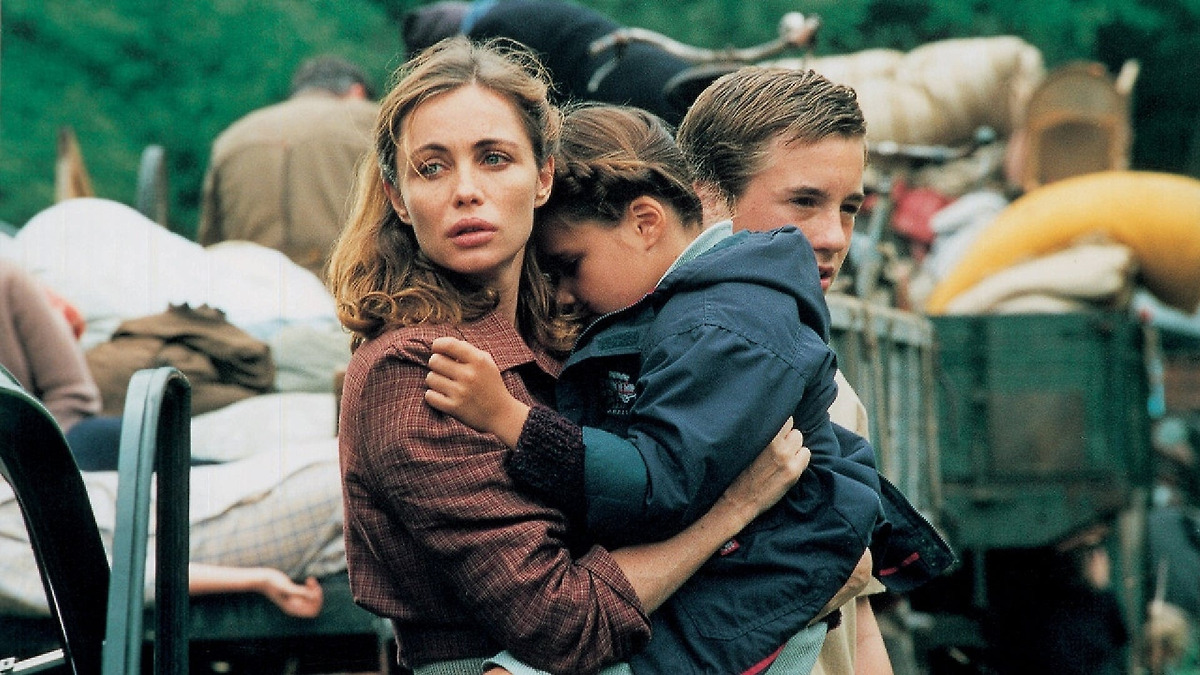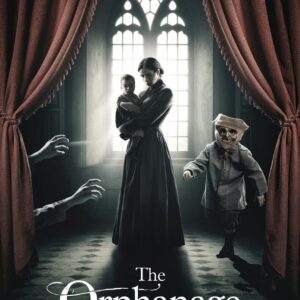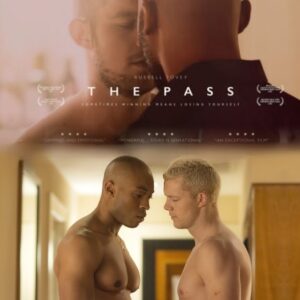In 2003, the film “Strayed” graced the silver screen, captivating audiences with its compelling story and compelling performances. Directed by André Téchiné, the movie follows the journey of a widow and her two children during the tumultuous aftermath of World War II.

Set in rural France in 1940, the film explores themes of survival, resilience, and the human spirit’s capacity to endure in the face of adversity. The protagonist, Odile, portrayed brilliantly by Emmanuelle Béart, finds herself navigating the challenges of life as she flees Paris with her children in search of safety.
As they navigate the treacherous countryside, the family encounters a young man named Yvan, played by Gaspard Ulliel, who becomes entwined in their lives. Amidst the backdrop of war and uncertainty, a complex relationship develops between Odile and Yvan, blurring the lines between trust, survival, and desire.

“Strayed” is not merely a tale of survival but a nuanced exploration of human connections forged in extraordinary circumstances. The film delves into the intricacies of relationships, the fragility of trust, and the tensions that arise when survival instincts clash with emotional needs.
With stunning cinematography that captures the stark beauty of the French landscape and a hauntingly beautiful score, “Strayed” immerses viewers in a world ravaged by war yet brimming with moments of compassion and connection. The film’s emotional depth is heightened by the stellar performances of the cast, who bring to life the complexities and vulnerabilities of their characters.
Ultimately, “Strayed” is a haunting and poignant film that lingers in the mind long after the credits roll. It serves as a reminder of the resilience of the human spirit and the enduring power of human connection in the face of unimaginable circumstances. Andre Téchiné’s masterful direction, combined with the stellar performances of the cast, makes “Strayed” a cinematic experience that is not easily forgotten.





